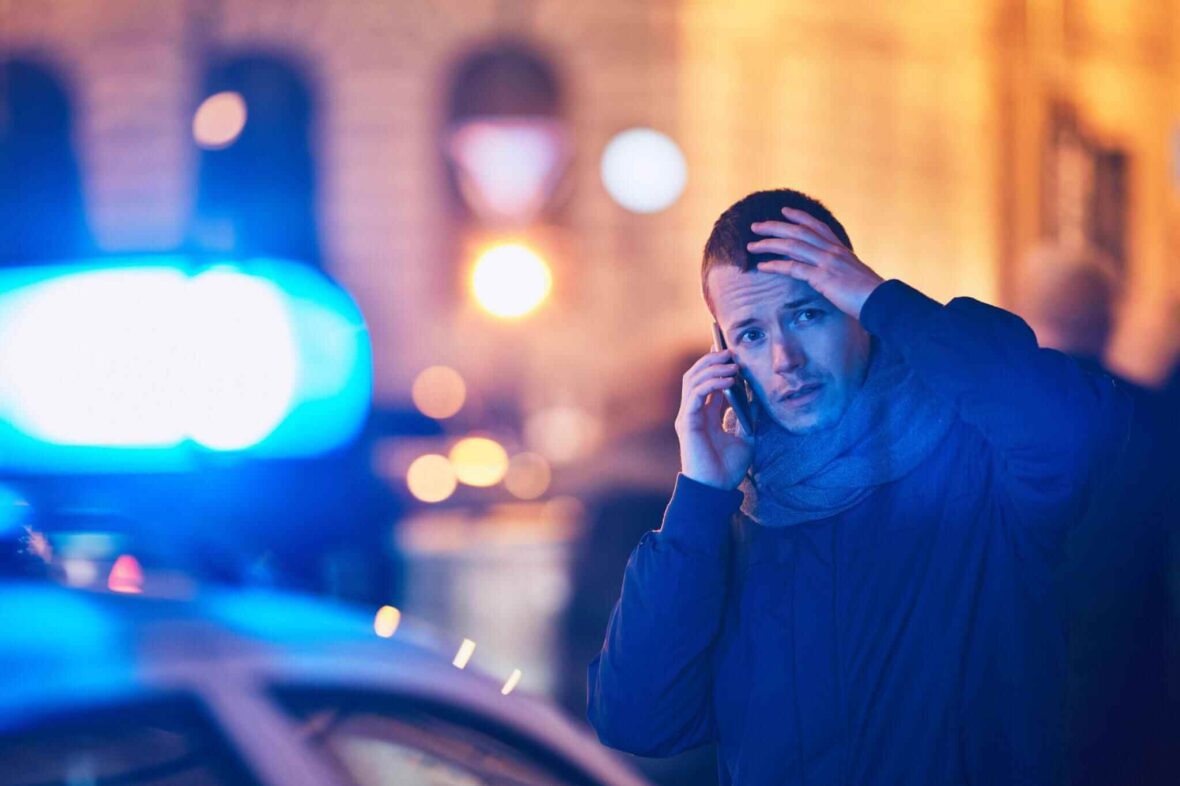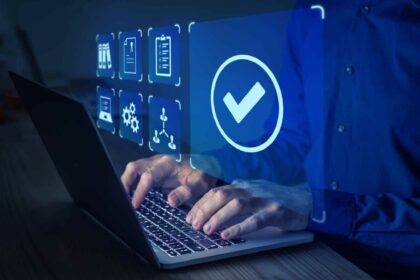In Miami, you get into a small collision while stopped at a stop sign. You’re not injured, and neither is the other driver, but you’re not sure if you should call the police. In Florida, how do you know when to notify the police following an accident? In short, in Florida, you should report an accident to the police if there are injuries, substantial property damage, suspicions of unlawful activity, hit-and-run instances, or disputes with other parties.
Leaving the site of an accident with injuries or considerable property damage is illegal. But even in cases where calling the police is not mandated by law, it is nevertheless advisable to do so. It’s possible that your injuries are more severe than you think and that your car has more damage than you think. A police report is helpful in establishing fault and obtaining damages.
Florida Laws And Obligations Following An Accident
In Florida, it is the drivers’ responsibility to make sure everyone is safe, communicate information with other parties, and offer assistance as needed following an accident. You are required to give law enforcement precise and comprehensive information when reporting an accident. Add the accident’s location, the people who were involved, and any notes or firsthand recollections of the event.
People can make sure that appropriate investigations are carried out, relevant steps are taken, and potential legal and insurance issues are handled effectively by reporting incidents as soon as they happen, as required by law. You can face hit-and-run charges if you don’t notify the police about your accident. This is illegal, and if found guilty, you may be subject to harsh punishments and repercussions.
What Time After A Florida Car Accident Should I Call The Police?
Following a Florida accident, evaluate the circumstances and put everyone’s safety—including your own and that of bystanders—first. Whether or not to call the police, is your main issue. When choosing whether or not to contact the Florida police, keep the following things in mind: It is best to contact the police if there are serious injuries that need medical attention. They can guarantee that individuals in need receive the proper care and assist in coordinating emergency medical assistance.
Involving the police can aid in documenting the event and facilitating insurance claims if the accident causes considerable property damage, such as damage surpassing $500 or major structural damage. Even little damage can easily cost more than $500 because auto body work is so expensive and because modern cars are so pricey.
Involving the police in any disagreements or conflicts that may arise from the accident might aid in mediating the matter, obtaining objective information, and guaranteeing a just settlement. Call the police, for instance, if the other driver is adamant that you are to blame for the collision and you disagree. Their report will be useful in determining precise liability. If not, it’ll be your word against theirs. You should have someone by your side who can support you throughout this trying period when an accident happens. Someone such as a personal injury attorney to help guide you through this difficult process.
Conclusion
In Florida, determining whether to call the police following an accident depends on various factors such as injuries, property damage, suspicions of unlawful activity, hit-and-run instances, or disputes with other parties involved. While it is legally mandated to report accidents in certain situations, such as those involving injuries or significant property damage, it is advisable to contact the police even in cases where it’s not required by law. Police reports can be crucial in establishing fault, obtaining damages, and facilitating insurance claims.
It is also important to prioritize everyone’s safety, including bystanders when evaluating whether to call the police. Involving law enforcement can aid in documenting the incident, mediating conflicts, and ensuring a fair resolution. Therefore, contacting the police promptly following an accident in Florida is essential for both legal compliance and effective handling of the situation.




